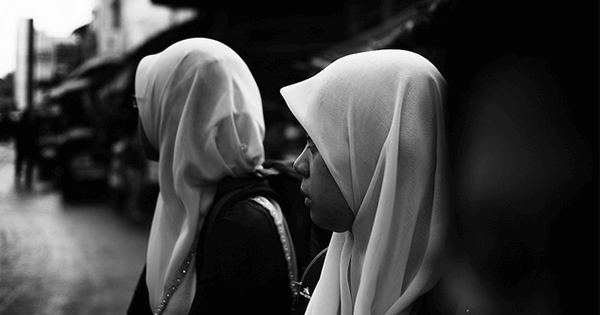
Pankaj Mishra recently observed in The Guardian that Sigmund Freud’s 1915 “warning that the ‘primitive, savage and evil impulses of mankind have not vanished in any individual,’ but are simply waiting for the opportunity to show themselves again” is as pertinent as its ever been. “Certainly, the current conflagration has brought to the surface what Friedrich Nietzsche called ‘ressentiment’—‘a whole tremulous realm of subterranean revenge, inexhaustible and insatiable in outbursts.’ ”
We’re only a week and a half into the Trump era, but the new administration’s brazen ban on nationals from seven Muslim-majority countries and the mayhem it led to over the weekend—augmented by the news on Monday that Muslims were slaughtered in a mosque in Québec after Prime Minister Justin Trudeau reiterated Canada’s pledge to accept refugees—are cause for existential concern. I also find myself returning to Freud, as well as to Hannah Arendt, Albert Camus, and George Orwell—writers who lived through and attempted to interpret times of extreme conflict and cultural demise as they unfolded.
Mishra continues:
Freud, who lived in turn-of-the-century Vienna while demagogues were scapegoating Jews and liberals for the mass suffering inflicted by industrial capitalism, came to see the rational intellect as “a feeble and dependent thing, a plaything and tool of our impulses and emotions.” “One gets the impression,” Freud wrote … “that culture is something imposed on a reluctant majority by a minority that managed to gain possession of the instruments of power and coercion.”
That is something I would not quite have believed even three months ago. But I am starting to believe it now.

